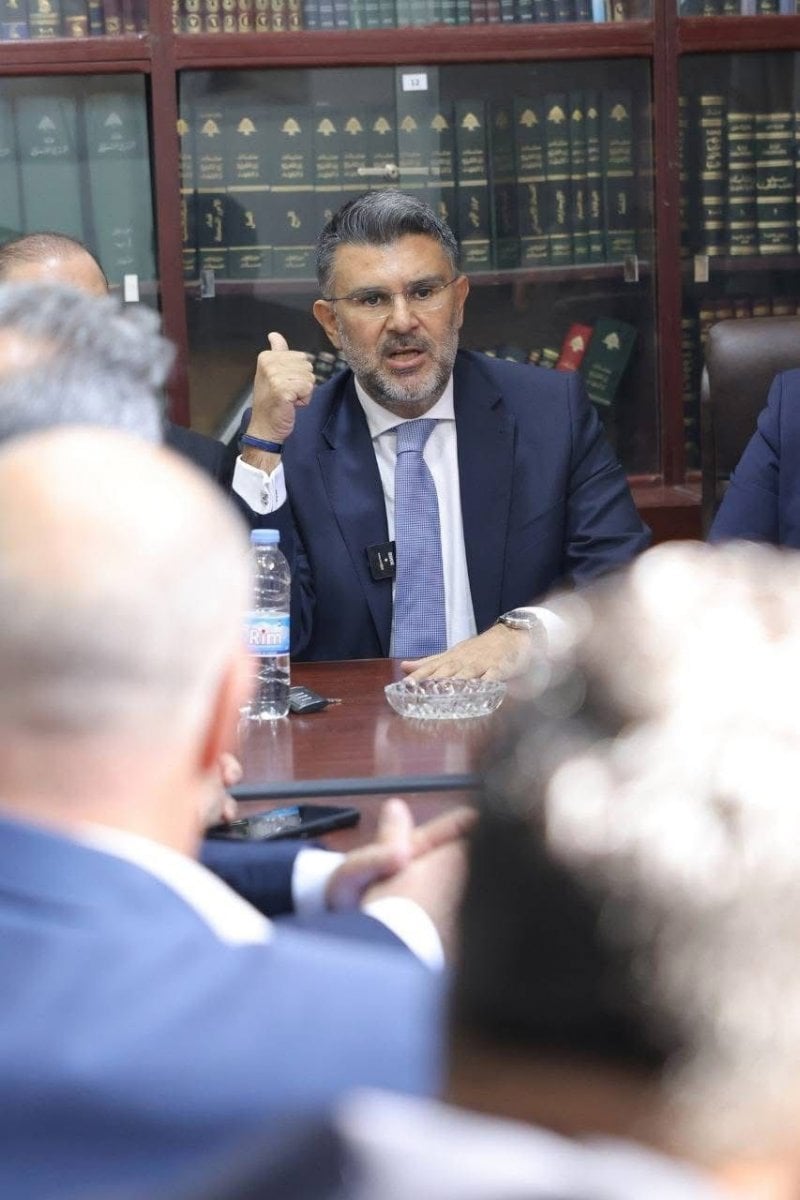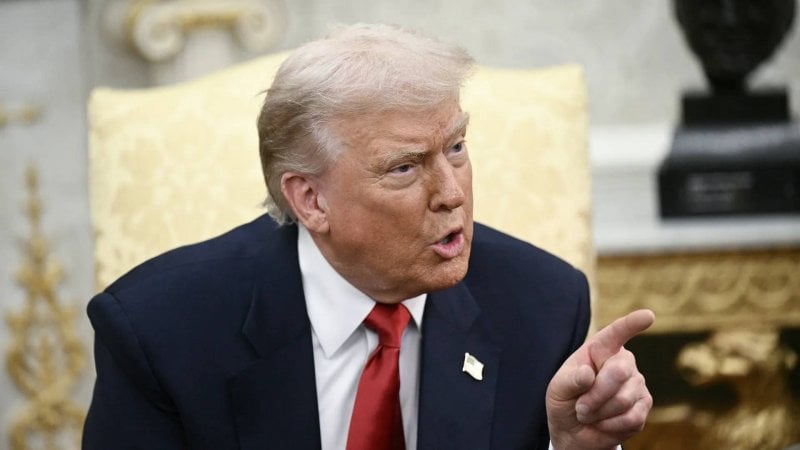
At a time when the language of de-escalation and unity was supposed to prevail within the syndicate, the candidate for the position of president of the Bar Association, lawyer Elie Bazerli, chose to send a short text message hours before the start of voting to elect eight members of the syndicate council and a new president. However, this message, which could have been just an ordinary election step, quickly sparked widespread discontent among lawyers, due to its clear negative tone that hid behind ornate phrases and veiled calls.
The call to choose a “professional, balanced, loving, and firm president” seemed to many lawyers to aim not to present a vision, but to launch differential qualities that explicitly question the other candidates. The message was not understood as personal promotion, but as a blow aimed at competitors, reaching the point of accusation. Thus, many who read the message felt that it prejudiced their professional dignity and went beyond the rules of dialogue established by the Bar Association through a long history of mutual respect and sobriety.
What added to the questions was what was circulating in some syndicate circles about whom Bazerli meant in his message: Was he addressing the current president directly? Or was the message designed to target his main competitor in the race? This ambiguity opened the door to broad interpretations and deepened the impression that the speech was directed at a specific person and not at the general public of lawyers.
A large number of lawyers saw that Bazerli abandoned the professional discourse expected of a candidate for a position of this size, and resorted to a pre-failed “election cleverness,” because it strikes at the heart of the idea of the syndicate: respecting fellowship and protecting the reputation of the profession.
The competition for the position of president of the Bar Association depends on presenting clear programs, the ability to convince, and a speech befitting an institution considered among the most sensitive in Lebanon. As for using the method of implicit comparisons and hurtful messages, it puts its owner in a category that does not resemble the syndicate traditions and does not express a vision of leadership, but rather political confusion and an attempt to compensate with tone instead of content.
If Bazerli aimed through his message to present himself as a firm candidate capable of “change,” the effect of the message was quite the opposite: a shake in his image, discontent within the syndicate, and a feeling that his election campaign is taking steps that lack confidence.

















